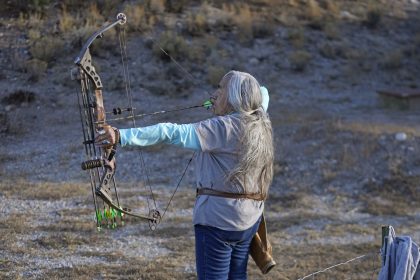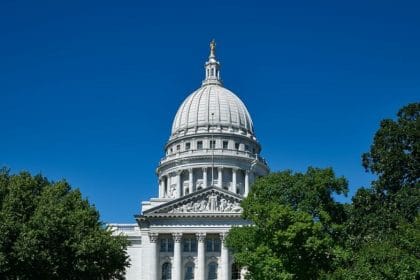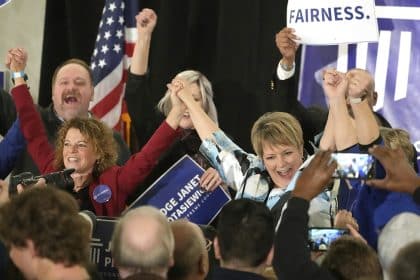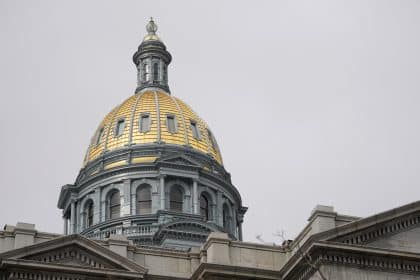NCAA Behemoth Faces Challenges: CA Proposes Athletes Get Compensated for Image

California lawmakers have advanced legislation allowing college athletes in the state to earn compensation for the use of their name, image or likeness, despite a thinly-veiled warning from the NCAA that such a move could keep those athletes out of the association’s championships.
On Tuesday, the California Assembly’s Arts, Entertainment, Sports, Tourism, and Internet Media Committee unanimously approved the measure, sending it to the Higher Education Committee. If it’s approved there by July 11, the full Assembly could vote on it later this year.
The legislation, Senate Bill 206, which would go into effect in 2023, easily passed in the state Senate in May, 31–4.
The latest votes came just days after NCAA president Mark Emmert wrote a letter to the chairs of two State Assembly committees that many interpreted as an attempt to intimidate the lawmakers backing the effort.
“We recognize all of the efforts that have been undertaken to develop this bill in the context of complex issues related to the current collegiate model that have been the subject of litigation and much national debate,” Emmert wrote.
“Nonetheless, when contrasted with current NCAA rules, as drafted the bill threatens to alter materially the principles of intercollegiate athletics and create local differences that would make it impossible to host fair national championships. As a result, it likely would have a negative impact on the exact student-athletes it intends to assist,” he said.
Emmert went on to suggest “passage of the bill now will create confusion among prospective and current student-athletes and our membership. The impact of a prematurely passed bill would be difficult to untangle.”
State Senator Nancy Skinner, a Berkeley Democrat, responded by telling the Los Angeles Times “they’re trying to scare my colleagues.”
“So far, it hasn’t worked,” she added.
The NCAA currently prevents athletes from receiving payment for playing a sport. Payment includes any profits from their image, name or likeness.
Twenty-three NCAA Division-I schools stand to be impacted by the bill potentially passing, including four Pac-12 programs.
A similar bill was introduced in Congress in March by Representative Mark Walker, R-N.C.. The bipartisan Student-Athlete Equity Act would amend the tax code for amateur student athletes.
“Signing an athletic scholarship with a school should not be a moratorium on your rights to your name, image, and self-worth,” Walker said at the time. “It’s time to bring equity to student-athletes and fix the injustices that exist in the current NCAA model.
Disputes over the issue of compensation for student-athletes is nothing new. In 2009 lawyers representing former football player Sam Keller and former basketball player Ed O’Bannon filed antitrust suits against the NCAA after their likenesses appeared in video games.
The NCAA eventually settled the lawsuit filed by Keller, paying “certain Division I men’s basketball and Division I Bowl Subdivision football student-athletes who attended certain institutions during the years the games were sold,” a reported $20 million.
The settlement came after Electronic Arts and the Collegiate Licensing Company, the NCAA’s co-defendants in the O’Bannon case, reached a $40 million settlement with the student-athlete and his co-plaintiffs.
“With the games no longer in production and the plaintiffs settling their claims with EA and the Collegiate Licensing Company, the NCAA viewed a settlement now as an appropriate opportunity to provide complete closure to the video game plaintiffs,” said NCAA Chief Legal Officer Donald Remy in a statement.
The chances that the United States Supreme Court would ever agree to hear the O’Bannon case were always low.
O’Bannon’s lawsuit was the first serious legal challenge to the NCAA’s amateurism rules that did not end in settlement.
U.S. District Judge Claudia Wilken of the Federal District Court ruled “the NCAA’s compensation rules were an unlawful restraint of trade.” But on appeal, the Ninth Circuit issued a head-scratcher.
While it agreed with Judge Wilken’s ruling in principle, it held that preserving amateurism was an important goal and that any compensation athletes might receive had to be related to education.
Both sides eventually appealed to the Supreme Court, but the justices refused to hear the case, letting the appellate court’s ruling stand.























